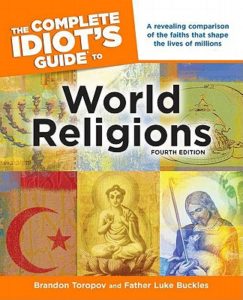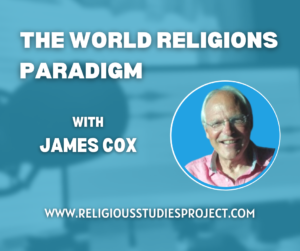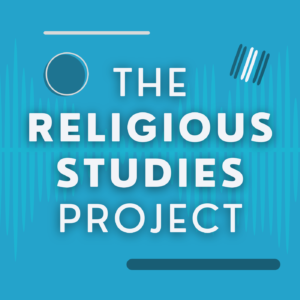Faith Development Theory
<\/h2>
4 March 2013
Over ten years ago, Streib saw applicability to Fowler’s stages, but not in their typical empirical application. Heinz realized that Fowler’s descriptions had descriptive utility in how individuals structure and formalize their belief, but he also recognized that the graduated method of “stages” was empirically and culturally problematic. For Streib, these systems of meaning were not passé or scant in any way, only different.
Podcast: Play in new window | Download | Embed
Subscribe: RSS
Featuring
Christopher F. Silver

Heinz Streib

After the World Religions Paradigm...?
<\/h2>
1 March 2013
In this week's podcast, We discussed some of the problems with the World Religion paradigm, most notably its colonial heritage and Christocentrism. Given its dominance in the public perception of "Religion", however, can we as teachers get away from it? Is there a pedagogical approach which focusses on issues of power and domination, and challenges, rather than reinforces, ...
Podcast: Play in new window | Download | Embed
Subscribe: RSS
Featuring
James L. Cox

Craig Martin

Steven Sutcliffe

Peter Beyer

Mark Juergensmeyer

The World Religions Paradigm
<\/h2>
25 February 2013
What counts as 'world religions' and how do we engage or promote this category in the academic study of religion. Join James Cox and David G. Robertson as they unpack this category.
Podcast: Play in new window | Download | Embed
Subscribe: RSS
Featuring
David G. Robertson

James L. Cox

Religion and Globalization
<\/h2>
18 February 2013
What do we mean by globalization? What does this concept have to say to the study of religion? How have religions been agents in the globalization process? What theoretical and methodological issues arise when trying to answer such questions? All of these questions and more are tackled in an interview which touches on post-colonialism, secularization theory, theodicy, ...
Podcast: Play in new window | Download | Embed
Subscribe: RSS
Featuring
Christopher R. Cotter

Peter Beyer

Sociotheology and Cosmic War
<\/h2>
11 February 2013
Over the course of the last few decades religious violence has become an increasingly salient topic of public discourse and particularly in its global manifestations. In the social sciences these discourses focus primarily on explanations of violent acts that are driven by the socio-political contexts enveloping them.
Podcast: Play in new window | Download | Embed
Subscribe: RSS
Featuring
Mark Juergensmeyer

Per D. Smith
